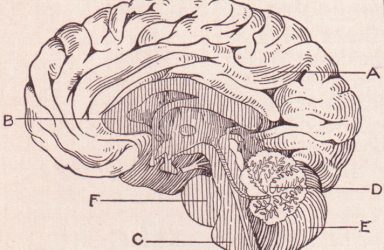Socio-Neuro-Biology and Prospects for Our Collective Global Future
The widening range of possibilities for neurochemical enhancement demands accompanying caution in their deployment, commercialisation and regulation.
The Age of Natural Capital, and Why It Must Be Stopped
The processes of financialisation are not necessarily beneficial in utilitarian terms but represent something deeper: the continuation of capitalism as usual.
What Status Should Case Studies Be Given in the Study of Comparative Politics?
Case studies ought to be utilised more frequently and widely due to the irreplaceable value and significance they have for the comparative analysis of politics.
Asylum with Human Face: Angela Merkel, Reem Sahwil and Another Video-Gone-Viral
Merkel accepts the fact that Germany must become a land of immigration and integration. The rest is up to the democratically elected lawmakers.
Who Matters in World Politics?
One year ago a global cry that ‘Black Lives Matter’ arose in a response to black deaths in the USA. But shouldn’t black lives, not just black deaths, matter?
The Impact of Nationalism on Chinese Foreign Policy Towards Japan
In China, the CCP promotes the narrative of humiliation as part of a nationalist discourse, projecting opposition outwards and making the CCP a harbinger of stability.
Neo-rationalism: A Third Way? How I Learned to Stop Worrying and Love the “Isms”
Neo-rationalism describes a third approach to the teaching of IR that combines the most positive elements of “rationalism” and current paradigmatic approaches.
Death from above: Drones, Visuality and the Politics of Killing
The drone camera, and the drone vision it produces, has a complex and nuanced impact on the psychology of killing in war.
Can the Work of Hannah Arendt Help Us Understand Contemporary Conflicts?
While some of Arendt’s description of power and violence are undoubtedly relevant, the same themes and actions are found elsewhere in the study of contemporary conflict.
NATO’s Comprehensive Approach in Afghanistan: Origins, Development, and Outcome
The peace operations of the 1990s, Danish initiative-taking, several NATO summits, and Obama’s election were all factors that led to the adoption of the CA by NATO.












